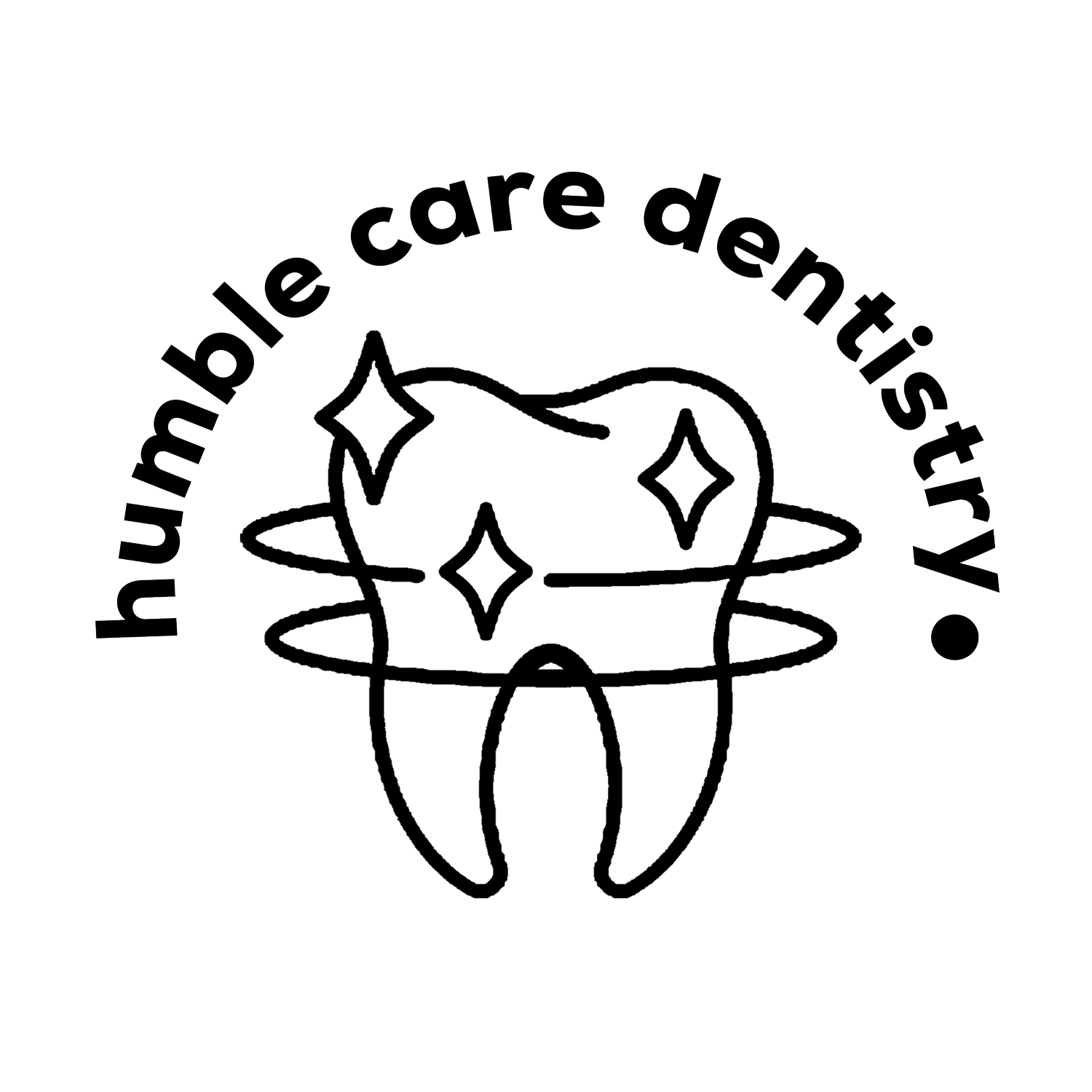Frequently Asked Questions
-
The dentist will conduct a thorough examination of your mouth, gums and teeth. They will look out for signs of decay, gum disease, oral cancer and any other oral health issues. If any follow up treatments are needed, such as fillings, root canals or extractions, the dentist will schedule accordingly.
-
The frequency of dental check-ups can vary depending on individual factors such as your oral health, age, and any existing dental issues. However, as a general guideline, it's recommended to visit the dentist for a routine check-up and cleaning every six months.
Regular dental visits not only help maintain good oral hygiene but also enable early detection and treatment of any developing dental issues, potentially saving you from more extensive and costly treatments in the future.
-
Knocked out tooth:
If dirty, rinse tooth in milk holding it by the crown (not roots). If not available, have the patient suck it clean, then put the tooth back in the socket. If the tooth cannot be replanted, wrap in Glad Wrap or place it in milk or in the patient’s mouth inside the cheek. Go to a dentist within 30 minutes if you can. Time is critical for successful replanting.Broken tooth:
Try to clean debris from the injured area with warm water. If caused by a blow, place a cold compress on the face next to the injured tooth to minimize swelling. Try to find all the bits that are missing and bring them to the dentist, keeping them moist. Some broken bits can be bonded back onto the teeth almost invisibly. Go to the dentist as soon as practicable. -
Brush your teeth at least twice a day, preferably after meals and before bedtime. Use a soft-bristled toothbrush and fluoride toothpaste.
Floss your teeth at least once a day to remove plaque and food particles from between your teeth and along the gumline.
Rinse with an antimicrobial mouthwash after brushing and flossing to help reduce plaque, gingivitis, and bad breath. Choose a mouthwash that contains fluoride for additional cavity protection.
Schedule regular dental check-ups and cleanings with your dentist every six months or as recommended. Regular visits allow your dentist to detect and treat any dental problems early before they worsen.
-
Occasional minor bleeding from the gums during brushing or flossing can be common and may not necessarily indicate a serious problem.
Gingivitis is the earliest stage of gum disease and is characterized by inflammation of the gums. One of the primary symptoms of gingivitis is bleeding gums, especially during brushing or flossing.
However, frequent or persistent gum bleeding should not be ignored, as it can be a sign of underlying gum disease or other oral health issues.
-
Yes, there is a significant link between dental health and overall health. The health of your mouth can affect your overall well-being, and vice versa.
It's clear that maintaining good oral hygiene and seeking regular dental care is not only essential for a healthy smile but also for promoting overall health and wellness.
Ask the Dentist
Ask us anything about a specific situation or question you have about your teeth, The Dentist will respond within a few hours!

